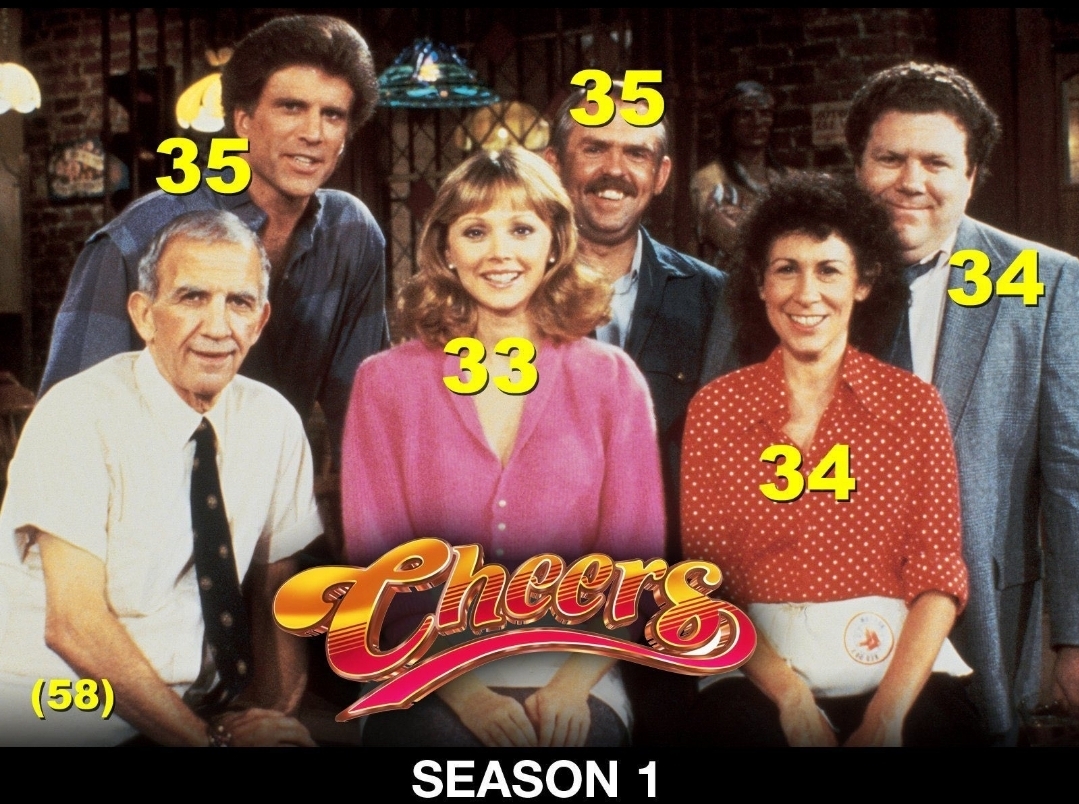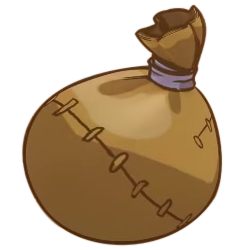I’m damn near 40, can I please talk to you about the Aztec Empire for an hour and a half?
What’s interesting about it?
The way that Mesoamerica built their civilization in isolation from the old world is intensely fascinating (example: making farm land in the middle of lakes). The uniqueness in the way they extracted resources to what was considered valuable gives insight into the way humanity develops. The Mexica Empire/Valley of Mexico Triple Alliance/The Tenochca Empire/Aztec Empire is particularly interesting due it’s success being derived from an abundance of practices already in place rather than innovation (they revved up everything to an 11). Their approach to warfare emphasizing one on one combat was dramatic. Finally their methods of human sacrifice are some of the most metal things I’ve ever heard to the point where I find violence in fiction to be banal by comparison.
What would you recommend as intro level reading?
I suggest “Handbook to Life in the Aztec World” Manuel Aguilar-Moreno. It has a couple of outdated facts and has some misconceptions of how some of the religion worked (Ometeotl is a mistranslation and ongoing point of contention). Other than that it’s a good textbook for getting a solid foundation of understanding on the subject.
Would you like to expand on resource extraction? This is of particular interest to me.
Some topics would be chinampas, their use of obsidian for tool making, the evolution of the teosinte plant into multiple maize varietals, farm forests, dung canoes, maguey plant cultivation, lake ecosystem for food (from axolotls to lake skum tortillas), dual canal aqueducts, three sisters agriculture, and the methods of distribution via marketplace & the royal state.
dung canoes
?
Without access to large livestock the inhabitants of Lake Texcoco needed a source of fertilizer. The only available option at scale was night soil (human dung). This led to a contender for the worst job in history, dung collector. Dung was collected at designated sites (public toilets) and transported via canoe to either farms or at large dumping (pun not intended) sites to be purchased at market.
There is some good long form documentaries on YouTube about this topic and a lot of the old History Channel content out there before it went to hell in a hand basket
As far as YouTubers I enjoy Ancient Americas and Aztlan Historian.
That’s the oldest-looking 33 year old…
Yeah, whoever made this was probably 20 and thinks that’s what a 33-year-old looks like.

Not having good sunblock back then made people look a lot older than they were.
I’m thinking leaded gasoline, lead paint, and asbestos had a bigger hand in it
The sun ages your skin. All of the things you just listed affect your brain.
I dunno man. It could be a 33 yr old sharing their experiences.
So young, so precious those 33 year olds, so full of optimism.
Don’t knock a deep dive into the Battle of Midway until you’ve tried it.
But make it the Montemayor one, Part 1 being from the Japanese perspective, taking us along for a wild ride inside the fog of war.
The level of quality narrative is nothing short of outstanding.That one is amazing! The operations room also has a good overview, though it’s not nearly as in depth.
“It’s ya boi gobbledeznutz here’s my 17 hour video essay on the first diesel battle ship and how it lead to beanie babies.” Presented in PowerPoint maybe with a bit of total war if your lucky And you watch the whole thing
And it’s somehow by far better than most TV ever was.
Yes, except all the information you seek is inside the great Wikipedia.
Depends on the subject matter. The less popular subject matters still should be read in books.
And academic journals
Depends on how “popular” of a subject it is. There are plenty of subjects on Wikipedia that are not popular enough to have ever been published about in print.
I guess that’s the other side of the coin. I’m a Mesoamerican history nerd and a lot of the articles on Wiki are sparse at best on the subject or outright misinformation (repeated misinformation I see almost verbatim copied and pasted). I see your point though, without an easy way of archiving information a lot of subjects would and have fallen through the cracks in humanity’s notice.
I don’t know about all the information, but I’d rather read Wikipedia about a historical event than watch a YouTube about it
Thankfully I’m avoiding most noisy university-sophomore politics in my content, whenever it pops up I quickly prune it out of my content feed.
Currently, the four main subjects on my watch history are particle physics, cosmology, Gobekli Tepe (and everything related to those ancient Taş Tepeler people), Sumerian cuneiform writing (courtesy of the extraordinary Professor Irving Finkle).
But to keep things on topic, I regularly have to block suggested channels and videos that start straying towards clickbait controversy, “Is Science Dying?” and “The Image NASA Doesn’t Want You To See!”, that sort of bullshit.
The goddamned algorithm, and those that feed it, it’s mindlessly relentless constant mechanism, and I hate it, but there is so much treasure among the brushes and poison ivy one has to keep on hacking at, with the proverbial digital machete. There is so much legit gold in there.
Actively managing your algorithm and feed is essential to keeping your sanity these days. There’s so much good content out there, but there’s even more garbage.
Check out the history of the universe on YouTube if physics and cosmos is cool to you. I shill it anywhere I can because it’s so good.
Oh man, I LOVE that channel, written by Paul M. Sutter aka Ask A Spaceman, I’ve seen every episode, some of them twice. And that goes as well as its’ sister channel, The Entire History Of Earth.
Probably makes for a happier and more interesting person
Those kids have no idea whatsoever of what went on at Stalingrad.
Fuck off clean shirt
Can somebody translate the Hebrew text in the last panel?
Porque no las dos?
What does it mean?
Why not both
Drachinifel anyone?
D. K. Brown
My friends who are self-proclaimed history nuts essentially only read hagiographies.
Don’t forget pop podcasts hosted by “storytellers” who read one primary source and one outdated secondary source before writing 20 hours of content, mostly about how the generals and kings got ready for the battles.
The Aubrey/Maturín books are awesome. Too bad they only made a single movie from them (Master and commander) but what a movie it was!
There’s the odd rumour here and there of a TV series, which is where this series would be better than films if done right. But alas, these these rumours stay rumours.
The books are great but they’re not really broken up into self-contained stories. It’s more like one incredibly long adventure and the books just end when they get to a certain length and then the story picks up in the next one. A series would be perfect for that. Only problem is that it would have to be heavily CGI.
I really wanted to enjoy them but I just couldn’t get into the first book. Between the naval terminology and my complete lack of knowledge of the geopolitics of the era, I never really settled into the narrative because I spent all my time trying to decipher what was actually going on.
You might like the Hornblower books more. Less politics and sociology of the era and more straight-up action, combined with some antihero introspection - like the main character obsessing about how small his calves are.
Most of the naval terminology flew over my head. Ignoring most of it didn’t impede me from understanding and enjoying the story. But I agree it’s not always the easiest read.
Probably watch youtube because the mass media has been captured by Capitalism and its political forces.












